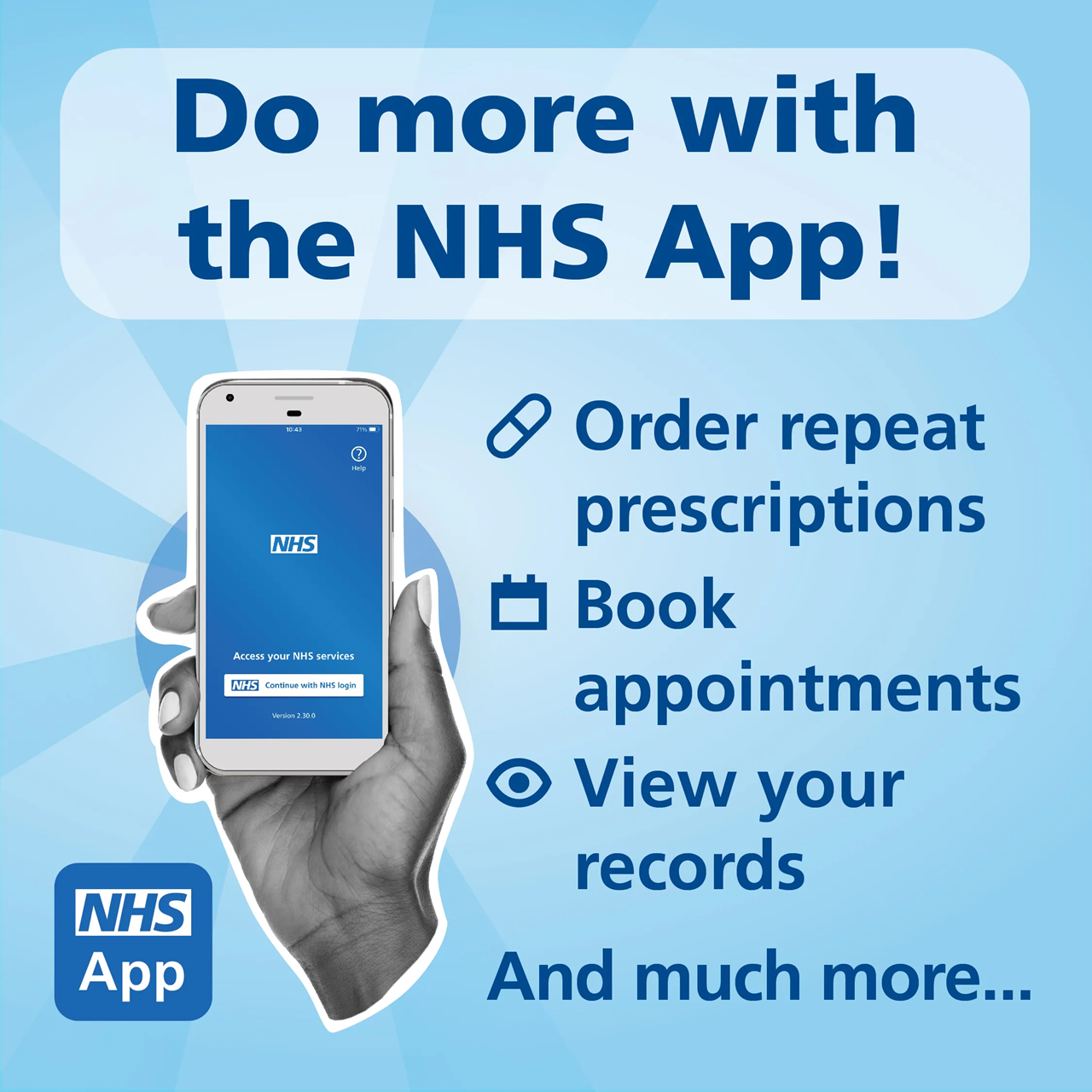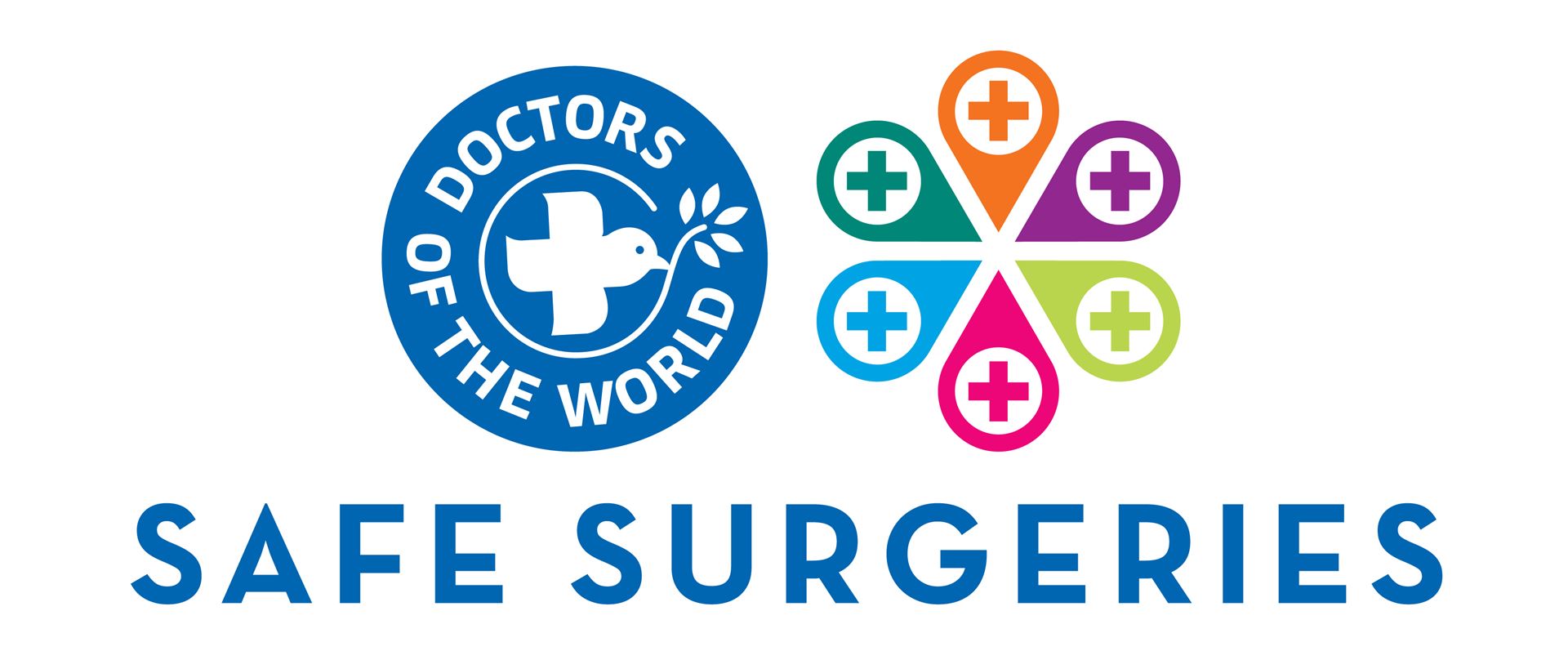Patient Record
Not Registered for Online Services?
Register a Carer
Summary Care Record
There is a new Central NHS Computer System called the Summary Care Record (SCR). The Summary Care Record is meant to help emergency doctors and nurses help you when you contact them when the surgery is closed. Initially, it will contain just your medications and allergies.
Later on as the central NHS computer system develops, (known as the ‘Summary Care Record’ – SCR), other staff who work in the NHS will be able to access it along with information from hospitals, out of hours services, and specialists letters that may be added as well.
Your information will be extracted from practices such as ours and held on central NHS databases.
As with all new systems there are pros and cons to think about. When you speak to an emergency doctor you might overlook something that is important and if they have access to your medical record it might avoid mistakes or problems, although even then, you should be asked to give your consent each time a member of NHS Staff wishes to access your record, unless you are medically unable to do so.
On the other hand, you may have strong views about sharing your personal information and wish to keep your information at the level of this practice. Connecting for Health (CfH), the government agency responsible for the Summary Care Record have agreed with doctors’ leaders that new patients registering with this practice should be able to decide whether or not their information is uploaded to the Central NHS Computer System.
For existing patients it is different in that it is assumed that you want your record uploaded to the Central NHS Computer System unless you actively opt out.
Enhanced Data Share
Electronic records are kept in all places where you receive healthcare. These places can usually only share information fomr your records by letter, email or phone. At times, this can slow down your treatment and mean information is hard to access. Your care service, however, uses a unique computer system called SystmOne that allows sharing of full electronic records across different healthcare services.
You can choose to share your electronic record with other care services or you can choose not to share your electronic record with other care services.
Sharing OUT - This controls whether your information entered at the GP Practice can or cannot be shared with other NHS services.
Sharing IN - This controls whether your information that has been made sharable at other NHS care services can or cannot be viewed by your GP Practice.
If you would like to update your sharing preferences, please contact a member of our administration team.
NHS App - Help Sessions
Want to use the NHS App but struggling to get registered?
Book a one-to-one appointment with a member of our admin team who will help you get set up.
Please remember to bring with you:
- The device you wish to log on with
- Your photo ID - your email password (to receive verification messages)
- Your mobile phone (to receive verification messages)
- (iPhone/Apple users only) Your Apple ID password
Speak to our reception team to make an appointment
Page created: 14 May 2020



